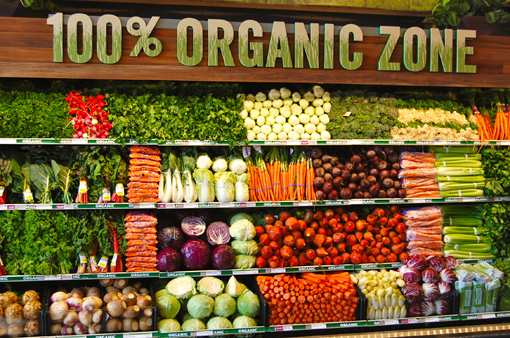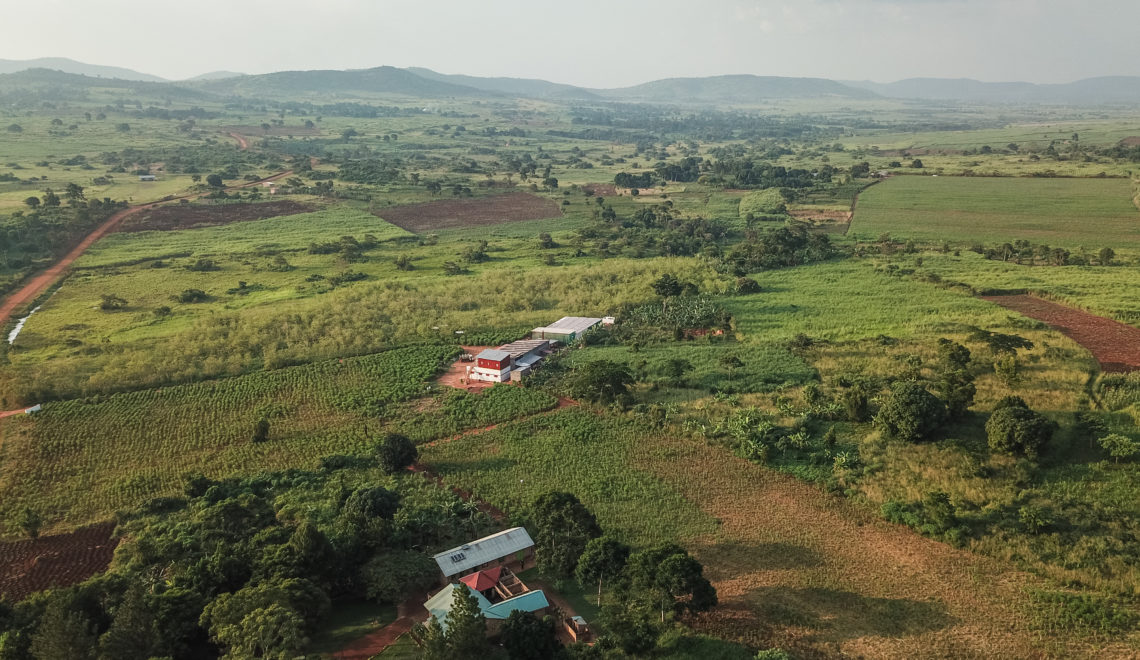
The New Whole Foods Rating System
Last month, Whole Foods Market unveiled a new environmental rating system for its fruits, vegetables, and flowers which may now be given their own sustainability score ranging from ‘good’, to ‘better’, to ‘best’. These ratings are based on a number of factors related to sustainable farming practices including: soil health, impact on air quality, energy use, waste reduction, water conservation, and more.
Notably, the system also rates products based on whether or not they were grown with any pesticides which are publicly banned by Whole Foods. By implementing this system, Whole Foods hopes to reward farmers who practice more sustainable farming methods, and provide shoppers with an idea of how their eating habits are affecting the environment. The idea is to help encourage both farmers and shoppers to be more sustainable in their habits, but some critics believe the new rating system won’t actually change anything.
The Potential to Make A Difference
Claims that this system will be ineffective are based on the idea that providing more information doesn’t necessarily lead to changes in behavior, and that people who regularly buy organic foods do so more for the health benefits than for the environmental implications. While it may be true that most people are more concerned about their own bodies than their planet, I tend to disagree with the notion that being provided with more information won’t change anything.
We have already seen a huge spike in the adoption of residential renewable energy technologies such as solar PV systems since people have been educated about their benefits, so why can’t the same thing work for food? Since those who shop at Whole Foods on a regular basis are more likely to be concerned about the environment and sustainability than the average citizen, if the difference in price of two similar products is relatively small, a well informed shopper is probably going to go with the more sustainable one.
It’s Up to You!
Whole Foods has already been praised as a major contributor to the modern movement towards healthier eating habits, sustainable farming, and social corporate responsibility, so the rating system could very well be another big step in the right direction. But ultimately, the effect of the system will be up to the shoppers. Now that Whole Foods is arming us with more information, it is our responsibility to decide whether or not to use it effectively.
My only complaint is in regards to how the ratings are displayed. It almost seems like if you didn’t already know about the system you might just glace right over them. Hopefully Whole Foods will market the system strongly enough so that the average shopper will be well aware of its existence. If everything works up to its full potential, it may not be long before we start seeing similar rating systems in other supermarkets!
References:
http://www.wholefoodsmarket.com/responsibly-grown/what-we-measure
http://www.wholefoodsmarket.com/responsibly-grown/produce-rating-system
http://www.rodalenews.com/whole-foods-produce-ranking
http://www.businessweek.com/articles/2014-10-15/whole-foods-new-produce-ratings-probably-wont-change-anything
Image Credit:
http://standout-workout.com/
http://www.thegrindmemphis.com/
http://prettyfitlife.com













Do you carry jackfruit?
Hi Melanie,
We do not carry jackfruit. All of our products are made using our Pure Moringa Vegetable Powder.
Hi Melanie,
We do not carry jackfruit. We make all of our products using our Pure Moringa Vegetable Powder.